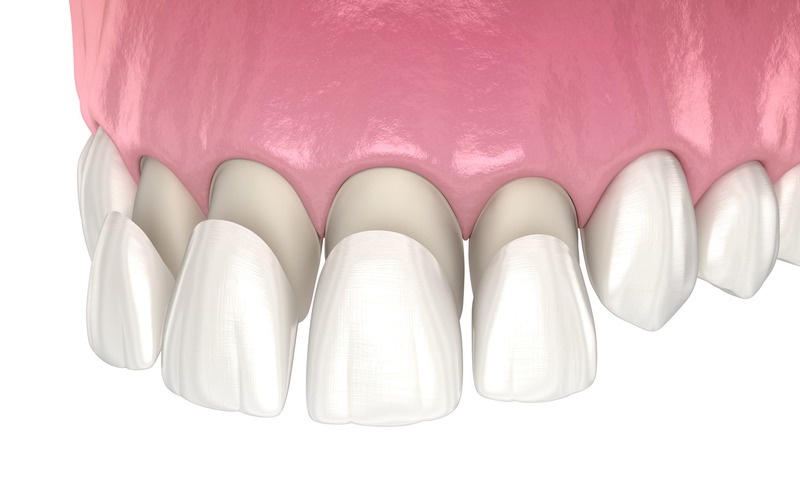It’s easy to take your vision for granted, but maintaining good eye health is essential. Regular eye exams can help detect problems early, ensuring that your eyes stay healthy and your vision remains sharp throughout your life. How often should you schedule an appointment with your eye care professional? Let’s explore the timeline for maintaining optimal eye health.
Why Regular Eye Exams Matter
Regular eye exams aren’t just about ensuring sharp vision. They play a critical role in detecting eye diseases and other health issues in their early stages. For example, conditions like glaucoma or macular degeneration often show no symptoms until they’ve progressed. Early detection can be the key to effective treatment.
Health Issues an Eye Exam Can Detect
Beyond vision problems, regular eye exams can spot:
-
Diabetes
-
High blood pressure
-
High cholesterol
-
Cancer
Your eyes provide a unique window into your overall health, making regular exams essential.
General Guidelines for Eye Exam Frequency
The frequency of eye exams can vary based on age, health history, and risk factors. Here’s a general guide to help you know when to schedule your next appointment:
Children’s Eye Health
-
Newborns: Should have their eyes checked for basic health indicators.
-
Infants (6 months): A comprehensive eye exam is recommended.
-
Ages 3-5: Preschoolers should have their vision checked as part of their routine pediatric appointments.
-
School-aged children: An exam before starting school, then every one to two years.
Adults and Seniors
-
Ages 18-39: Every two years unless there are vision changes or risk factors.
-
Ages 40-64: Every two years, monitor for age-related vision changes.
-
Ages 65 and older: Yearly eye exams are recommended as the risk for eye disease increases.
Factors Affecting Your Appointment Schedule
Certain factors require more frequent visits to your eye care professional. Let’s dive into some specific situations.
1. Family History of Eye Diseases
If you have a family history of eye diseases such as glaucoma or macular degeneration, you may need more regular check-ups. Your eye doctor can provide a tailored timeline based on your family background.
2. Existing Health Conditions
Conditions like diabetes or high blood pressure can affect your eyes. Regular exams are crucial to monitor any potential changes.
3. Wearing Corrective Lenses
For those who wear glasses or contact lenses, annual visits are generally recommended to ensure your prescription is up-to-date.
Signs You Need an Eye Exam
While regular exams are essential, there are certain signs indicating that you might need to schedule an eye exam sooner than planned.
Common Symptoms
-
Frequent headaches
-
Blurred vision
-
Difficulty seeing at night
-
Eye strain or fatigue
-
Light sensitivity
If you notice any of these, it’s time to consult with an eye care professional. At Allure Eyecare, their specialists are equipped to provide comprehensive eye exams to ensure your vision is at its best. Don’t wait until your next scheduled appointment if you’re experiencing issues—prioritize your eye health today.
Preparing for Your Eye Exam
Knowing what to expect can make your visit smoother. Here are some tips to help you prepare:
Before the Exam
-
List Current Medications: Some medications can affect vision.
-
Bring Your Eyewear: If you use glasses or contacts, bring them along to the exam.
-
Family Eye History: Be prepared to discuss any family history of eye conditions.
Questions to Ask
Make the most of your appointment by asking:
-
Are there any lifestyle changes I should consider for better eye health?
-
How has my vision changed since my last exam?
-
Are there signs of eye strain or fatigue?
Keeping Up with Eye Health
Staying proactive in your eye health involves more than regular exams. Consider adopting these habits:
Healthy Lifestyle Choices
-
Nutrition: Incorporate foods rich in omega-3 fatty acids and vitamins C and E.
-
Exercise: Regular physical activity can reduce the risk of conditions that affect eye health.
-
Sun Protection: Wear sunglasses to shield your eyes from harmful UV rays.
Special Considerations for Contact Lens Wearers
If you wear contact lenses, there are special considerations to keep in mind. Proper hygiene and usage are essential to maintaining eye health.
Contact Lens Care Tips
-
Follow Care Instructions: Always adhere to the cleaning and storage guidelines.
-
Avoid Sleeping in Lenses: Unless specifically designed for overnight wear.
-
Replace as Recommended: Follow the replacement schedule advised by your eye doctor.
Choosing the Right Eye Care Professional
Finding the right eye care professional is essential for maintaining good eye health and comfortable examinations.
Qualities to Look For
-
Experience and Credentials: Seek professionals with a solid reputation and credentials.
-
Patient Reviews: Check online reviews and testimonials.
-
Comfort and Communication: Your eye doctor should make you feel comfortable and communicate clearly.
When you need a reliable provider, you want the best local eye doctor to ensure you’re receiving top-notch care. This will impact how you view the world, quite literally.
Mental Health and Vision
Interestingly, there’s a connection between mental health and vision. Stress and anxiety can contribute to eye strain and even vision problems.
Reducing Stress for Better Eye Health
-
Relaxation Techniques: Practicing mindfulness or yoga can help reduce stress.
-
Regular Breaks: Give your eyes a rest from screens to prevent eye strain.
The Future of Eye Care
Eye care is continually evolving, with advances in technology bringing new solutions for vision problems.
Emerging Technologies
-
Tele-optometry: Some appointments can now be conducted online, providing greater flexibility.
-
Advanced Diagnostics: New tools and technologies allow for more precise diagnosis and treatments.
These advancements mean more options and better care for vision needs when planning your next eye health check.
Final Thoughts
Regular eye exams are crucial to maintaining eye health and detecting potential problems early. By understanding your unique needs, age, and risk factors, you can better schedule these important check-ups. Remember, your eyes are your windows to the world, so take care of them well. Be proactive and consult with an eye care professional to enjoy clarity and comfort for years to come. By following these guidelines, you’ll ensure your eyes remain in optimal condition. Keep your vision sharp and your world clear by scheduling your next eye exam today.


